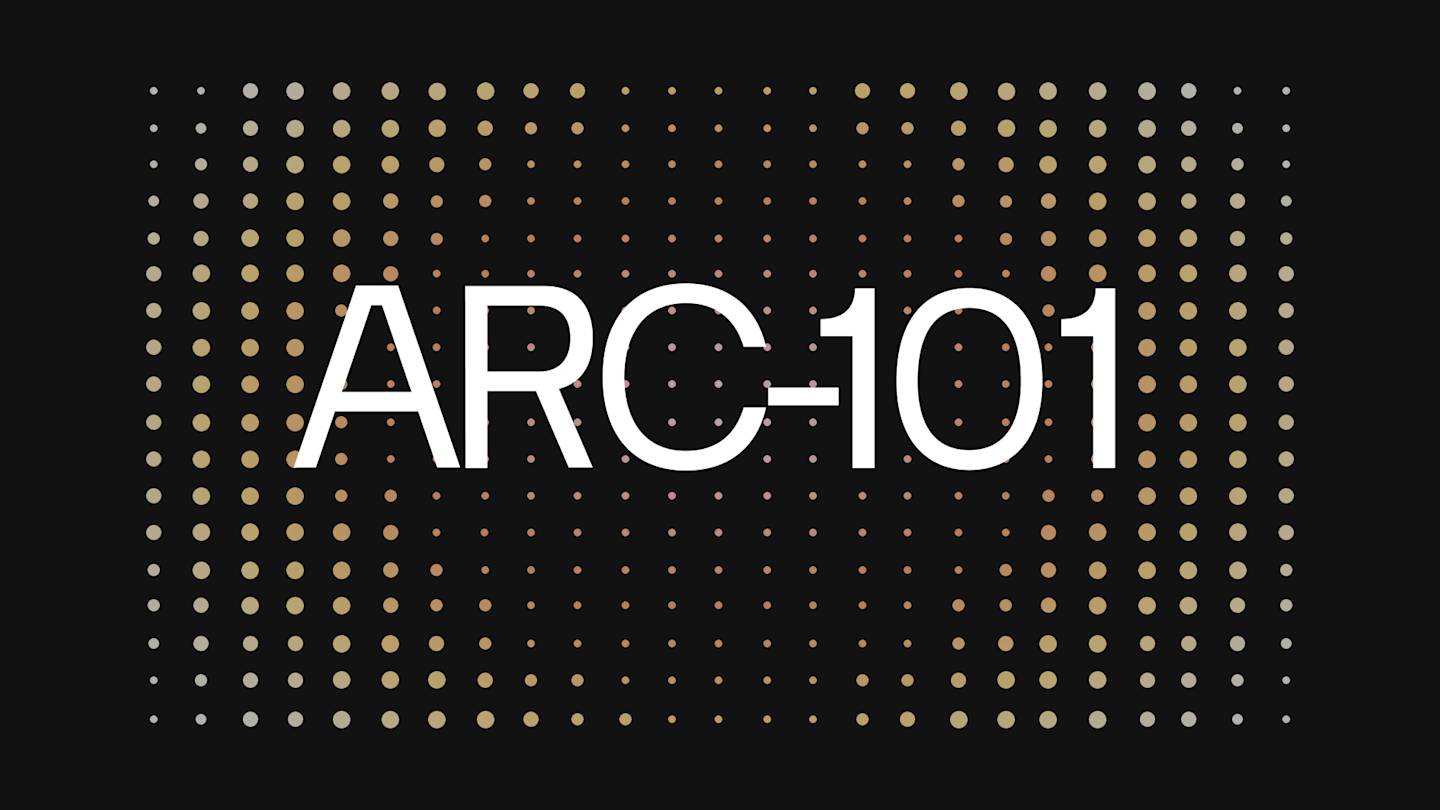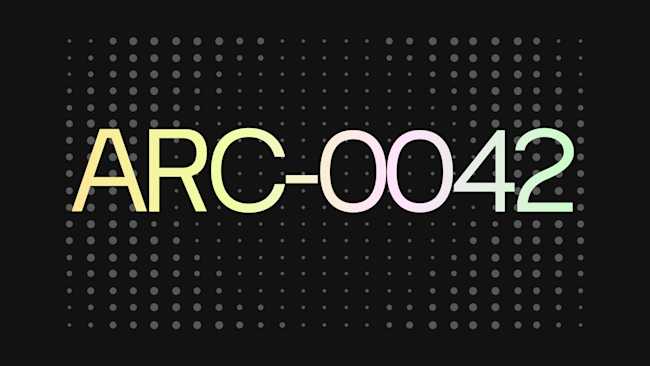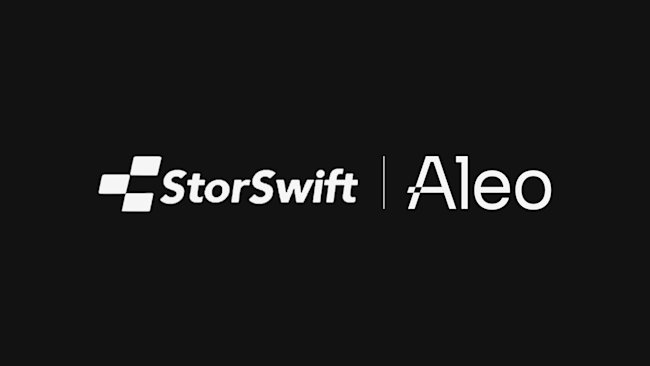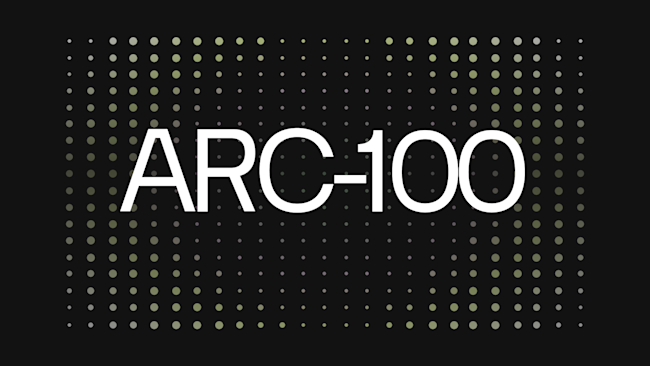ARC-101: Establishing standards for Aleo validators

As the Aleo network matures, its success hinges on innovative technology, community participation, and the strength and consistency of its validator ecosystem. With this in mind, the Aleo Network Foundation (ANF), in close collaboration with the community, introduced ARC-101: Requirements and Evaluation Criteria for Validators. This proposal outlines a transparent set of guidelines that help ensure Aleo’s validators maintain the network’s performance, security, and fairness.
Why set standards for validators?
Validators are the backbone of a decentralized network by processing transactions, verifying blocks, and helping maintain a secure, censorship-resistant blockchain. However, without a clear framework of responsibilities and expectations, it can be challenging to measure validator quality and encourage continuous improvement. ARC-101 was created to provide clarity and encourage a thriving validator ecosystem built on merit, reliability, and long-term commitment.
By establishing consistent benchmarks for uptime, security, hardware capabilities, community engagement, and governance participation, validators can better understand what it means to truly support the Aleo network. Meanwhile, the wider community gains transparency into how validators are selected, evaluated, and rewarded. This fosters trust, fairness, and accountability—cornerstones of a decentralized ecosystem.
Key components of ARC-101
The ARC-101 protocol establishes comprehensive guidelines for validators to ensure the network's security, decentralization, and sustainable growth. These requirements span multiple areas, from technical infrastructure to community engagement, creating a robust framework to align validators with the network's long-term success.
Performance & Infrastructure: Maintain high uptime, stay current with upgrades, and run sufficient hardware resources. Validators also must operate across different environments (Canary, Testnet, and Mainnet) and ensure their systems recover quickly after potential outages.
Security & Resilience: Conduct regular security audits, maintain strict key management protocols, and robust failover plans to maintain the network’s safety.
Tokenomics & Fairness: Follow stake limitations, which prevent any single validator from exerting outsized influence. At the same time, a minimum stake ensures validators have “skin in the game,” aligning their incentives with the network’s health.
Ecosystem Contributions: Contribute code, create tools, support dApps, and produce educational content. Active community engagement, governance participation, and business development initiatives are also recognized.
Geographic & Strategic Diversity: Achieve a globally distributed validator set, ensuring the network remains resilient in the face of regional issues or targeted attacks.
The importance of community involvement in ARC development
The creation of ARC-101 was not done in isolation. The Aleo community actively participated in reviewing and refining these guidelines, providing valuable feedback based on ongoing network operations and lessons learned during test phases.
The ARC process ensures that governance decisions are not top-down edicts but rather consensus-driven directives that reflect a broad spectrum of stakeholder views. ARC proposals are discussed openly, and community members—developers, validators, and token holders—are invited to weigh in. Once thoroughly vetted, these proposals are put to a vote, ensuring that the final standards represent a collective vision rather than unilateral decisions.
Join the conversation
ARC-101 represents just one milestone in Aleo’s governance journey. By working together to refine these standards, we can ensure that the Aleo ecosystem remains inclusive, forward-looking, and robust.
In the end, ARC-101 is not just about setting rules—it’s about building a secure, fair, and sustainable future for Aleo, guided by the community at every step.
Want to get involved? Visit https://vote.aleo.org/ to view all current and past ARCs.


